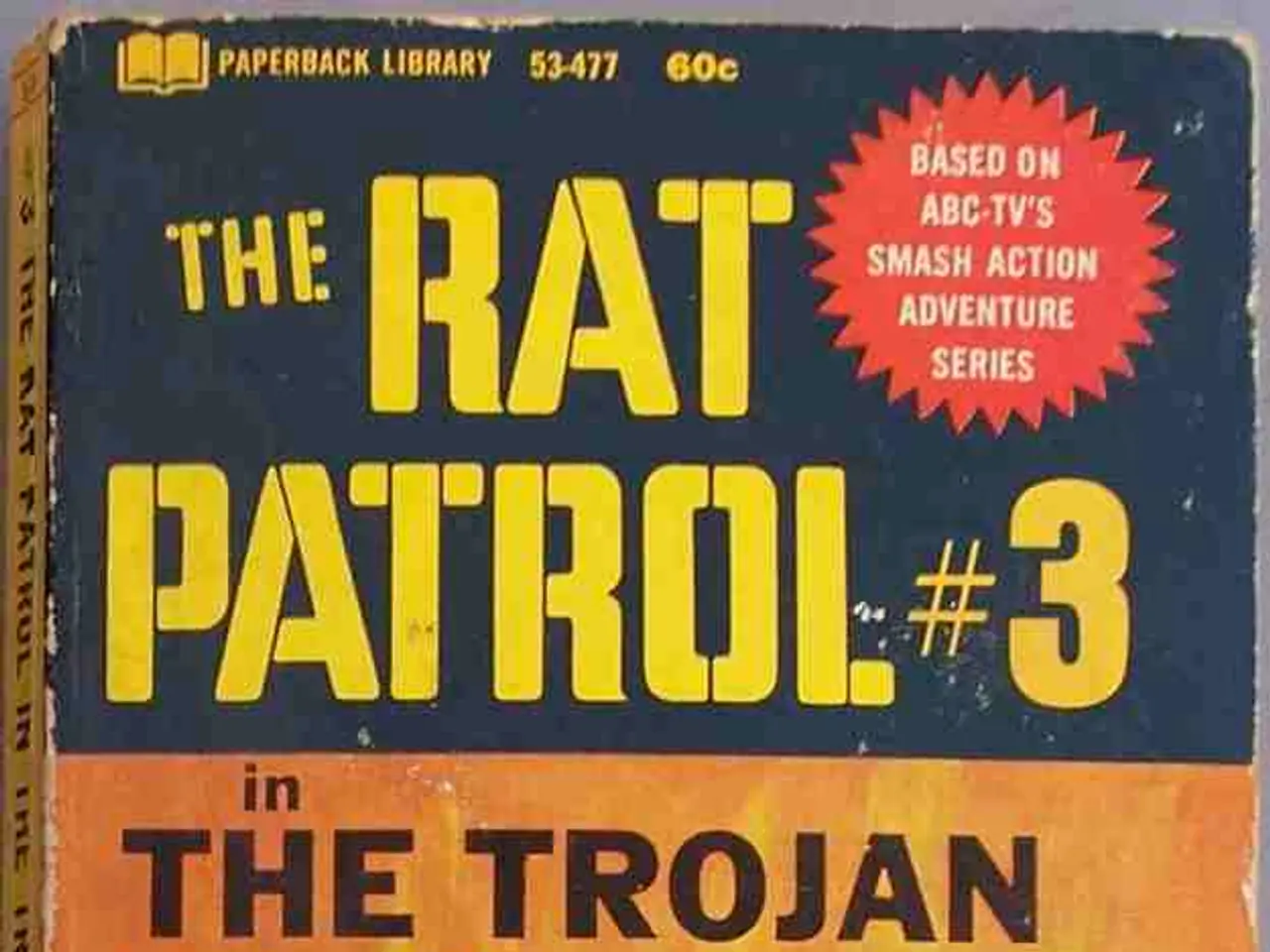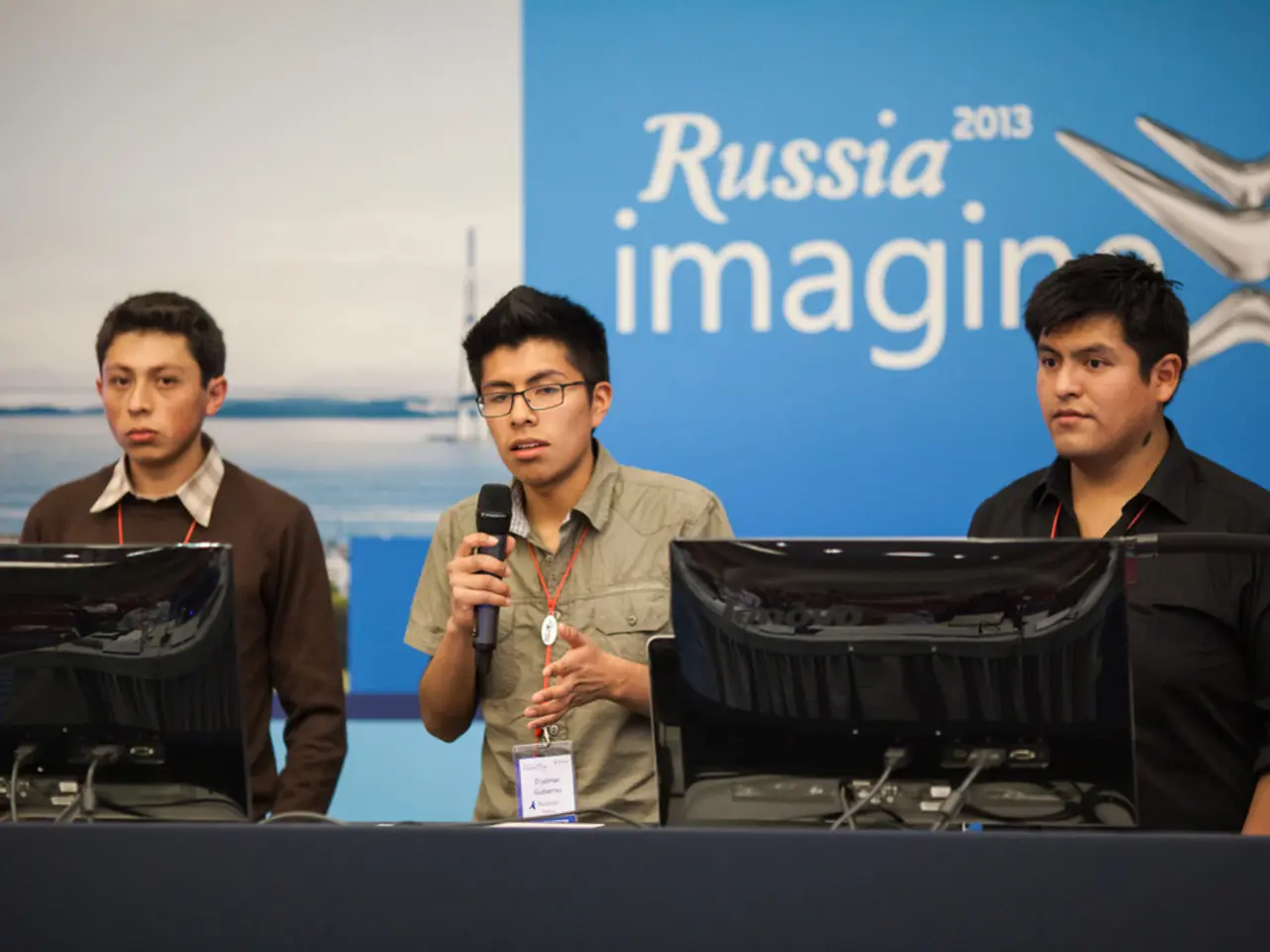Germany's Decision to Sign the Treaty Banning Nuclear Weapons: 80 Years After Hiroshima
In a significant stride towards nuclear disarmament, the Treaty on the Prohibition of Nuclear Weapons (TPNW), adopted in 2017, has garnered support from 93 signatory countries as of August 2025. Remarkably, 73 of these nations have ratified or acceded to the treaty, legally binding themselves to the prohibition of nuclear weapons and the pursuit of their total elimination.
However, the treaty's impact is limited by the fact that none of the nine nuclear-armed states - the United States, Russia, China, France, the United Kingdom, India, Pakistan, Israel, and North Korea - have signed or ratified the TPNW. These nations oppose the treaty, exerting pressure on nuclear-affected or allied nations like Japan, despite Japan's historical suffering from nuclear bombings.
Among the nations that have joined as signatories and ratified the treaty are many non-nuclear-weapon states, expressing their support for nuclear disarmament efforts. For instance, Ghana has signed but not yet ratified the treaty, viewing it as a path towards the total elimination of nuclear weapons and a revival of disarmament debate.
Despite the TPNW's global backing, key nuclear powers remain outside its legal framework. This leaves the treaty representing the majority of the global community's position against nuclear weapons, but its direct impact on nuclear disarmament is limited.
Elsewhere, the world grapples with other nuclear-related challenges. For example, the aftermath of nuclear disasters such as Chernobyl and Fukushima continues to pose challenges. Germany, which has phased out nuclear power, faces the challenge of safe storage of radioactive waste.
In Germany, environmental organisation BUND is demanding the final shutdown of the uranium factories in Lingen and Gronau. Meanwhile, the Zaporizhzhia nuclear power plant in Ukraine is facing war-induced dangers.
The use of nuclear technology is associated with dangerous and devastating consequences. Radioactive waste must be securely shielded from the Earth's surface and humans for millions of years. The number of Hibakusha, survivors of the atomic bombings, has fallen below 100,000 for the first time.
Yet, the "nuclear problem" remains current due to the indefinitely operating uranium factories in Lingen and Gronau. The TPNW, while not yet a panacea, serves as a beacon of hope in the global quest for nuclear disarmament.
- The Treaty on the Prohibition of Nuclear Weapons (TPNW) has also gained support from various nations in the field of environmental-science, as nations like Ghana see it as a step towards the total elimination of nuclear weapons.
- As the world struggles with the aftermath of nuclear disasters and the safe storage of radioactive waste, the science community continues to focus on the long-term safety of storing such waste away from the Earth's surface and human contact.
- The impact of the TPNW is manifold; while it faces resistance from key nuclear powers in politics and war-and-conflicts, it remains a significant piece of general-news, acting as a beacon of hope in the international effort to ensure nuclear disarmament.







